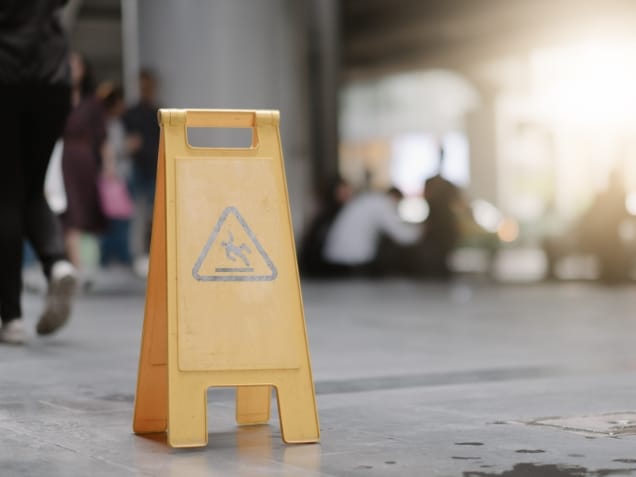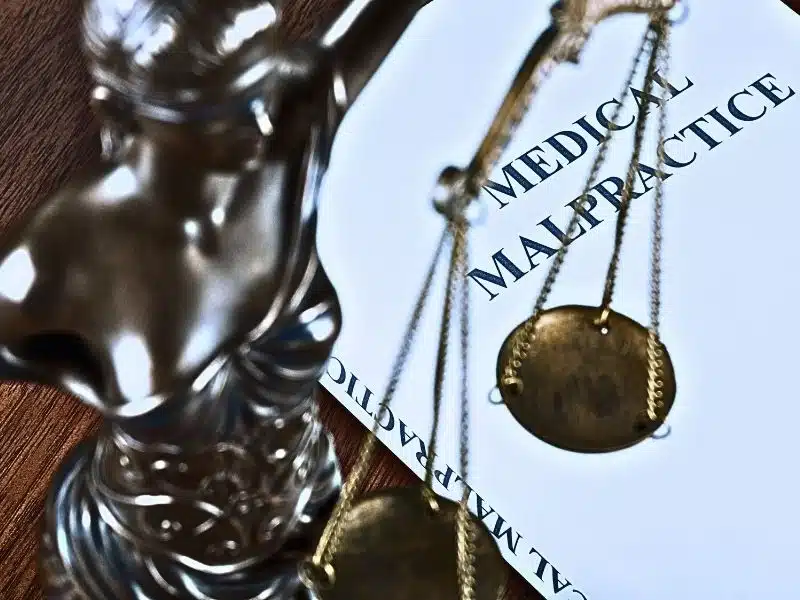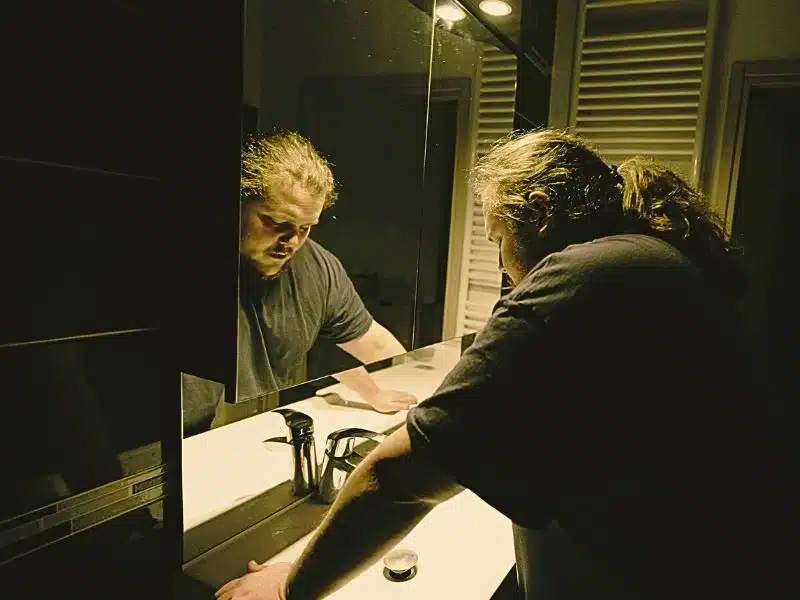If you’re involved in a slip and fall accident on government property, you can hold the government responsible for your injuries and losses. However, your claim will be more complex compared to those where a private citizen is at fault. The government maintains some level of sovereign immunity in premises liability cases. As such, there are strict requirements for filing injury claims against government entities. The amount of compensation you can receive is also limited. Due to the complexity of these cases, you need to work with a Chicago slip and fall lawyer who has the knowledge and experience to take on government entities.
The Most Common Slip and Fall Injuries on Public Property
Slip and falls account for more than 1 million emergency room visits every year across the U.S. Regardless of how or why an individual fell, hitting the ground unexpectedly can cause a variety of severe injuries.
Some of the most common injuries sustained in slip and fall accidents on public property include spinal cord injuries, broken bones, head injuries, traumatic brain injuries, back injuries, and soft tissue injuries. Slip and fall injuries can lead to chronic pain, limited mobility, memory loss, impairment, confusion, headaches, or dizziness. These injuries can be life-altering, requiring lengthy recovery periods and significant medical intervention.
Common Slip and Fall Accident Locations in Chicago
Slip and fall accidents typically occur when a person loses his or her footing due to unsafe or hazardous conditions. On government property, they’re often caused by wet or slippery surfaces, poor lighting, debris or clutter, icy or snowy surfaces, broken or uneven pavement, cords running across pedestrian pathways, and construction defects.
Common locations for slip and fall accidents in Chicago include parking lots and sidewalks, sporting arenas and stadiums, medical treatment facilities, government buildings, county, city, or state parks, public swimming pools, and public school facilities.
You may be able to recover compensation if you can prove that your injuries were caused by a government entity’s negligence. For instance, you need to prove that a government agency was liable for a slip and fall on ice if it allowed an unnatural accumulation of ice.
Requirements for Filing an Injury Claim Against a Government Entity
Illinois has a separate law for injury claims against government entities. The Local Governmental and Governmental Employees Tort Immunity Act protects government entities from liability arising from their operations. This act limits the types of claims individuals can bring against local and municipal government entities.
Filing a claim against a local government agency is even stricter. You must show that your injury was a result of “willful and wanton” misconduct by a government entity or employee. In other words, you need to demonstrate that a local government agency displayed a reckless disregard for people’s safety.
The Illinois Tort Immunity Act borrows from Great Britain’s ancient sovereign immunity rule, which prevented individuals from suing the kingdom. This concept has passed into modern times, but has been modified to allow governments to face a lawsuit in certain situations. The process, however, is different and trickier than regular civil claims or lawsuits.
To assert a slip and fall claim against a government entity in Illinois, you must file notice of the claim with the Clerk of the Court of Claims and the Attorney General within one year of the date of injury. The information required includes:
- Your name and home address
- The date, time, and location of the slip and fall accident
- A summary of how the accident happened
- A brief description of your injuries
- Your attending physician’s name and address
- A statement charging the government agency with negligence
- A list and description of your medical expenses and financial losses
If the government fails to respond or denies the claim, the other option is to file a lawsuit with the Courts of Claims. This should be done within one year of the date of the accident.
In these situations, it’s important to work with a slip and fall attorney who can serve your best interests. An attorney will know all the notice and timing requirements. However, you need to know what questions to ask a slip and fall lawyer during the first meeting. Working with the right attorney maximizes your chances of recovering compensation.
Slip and Fall Injuries on Federal Property
Claims arising from slip and fall accidents on government property fall under the Federal Tort Claims Act (FTCA). The FTCA requires a claimant to file an administrative claim before filing a lawsuit. You file this type of claim with the federal agency you believe is liable for the accident. You have two years from the time of the accident to file an administrative claim. It must be detailed, providing evidence of the accident and the amount of damages you’re claiming.
The federal agency has six months to respond. If it fails to respond or refuses to pay the claim, you can file a lawsuit in a federal court within six months of the rejection date.
Comply With the Requirements and Time Limits Relevant to Your Claim
Government entities typically have departments dedicated to reviewing and making decisions on claims made against them. As such, you cannot afford to make any errors on the documents you file. Even if you have a strong case, one simple mistake could compromise your chance to receive compensation. Mistakes can also lead to prolonged delays in the processing of your claim, which is something you want to avoid when you’ve sustained serious injuries and need money to pay your bills.
At a minimum, you should make sure that you:
- Correctly identify the government agency responsible for your injury
- Include all the information needed by the agency
- Send your claim to the correct government entity and the correct address
- Meet the filing deadlines
Speak to a Chicago Slip and Fall Accident Lawyer
Due to the complex nature of injury claims against government agencies and the difficult process of proving fault, an experienced Chicago slip and fall injury lawyer will be needed. Many claimants experience undue scrutiny and struggle to prove the government’s negligence and recover compensation.
An attorney can use his or her experience and resources to conduct an investigation and work with experts to help with your claim. He or she can guide you through each stage of the claims process, making sure to avoid pitfalls that could compromise your ability to obtain damages. Contact a skilled lawyer as soon as possible to discuss your next steps.











